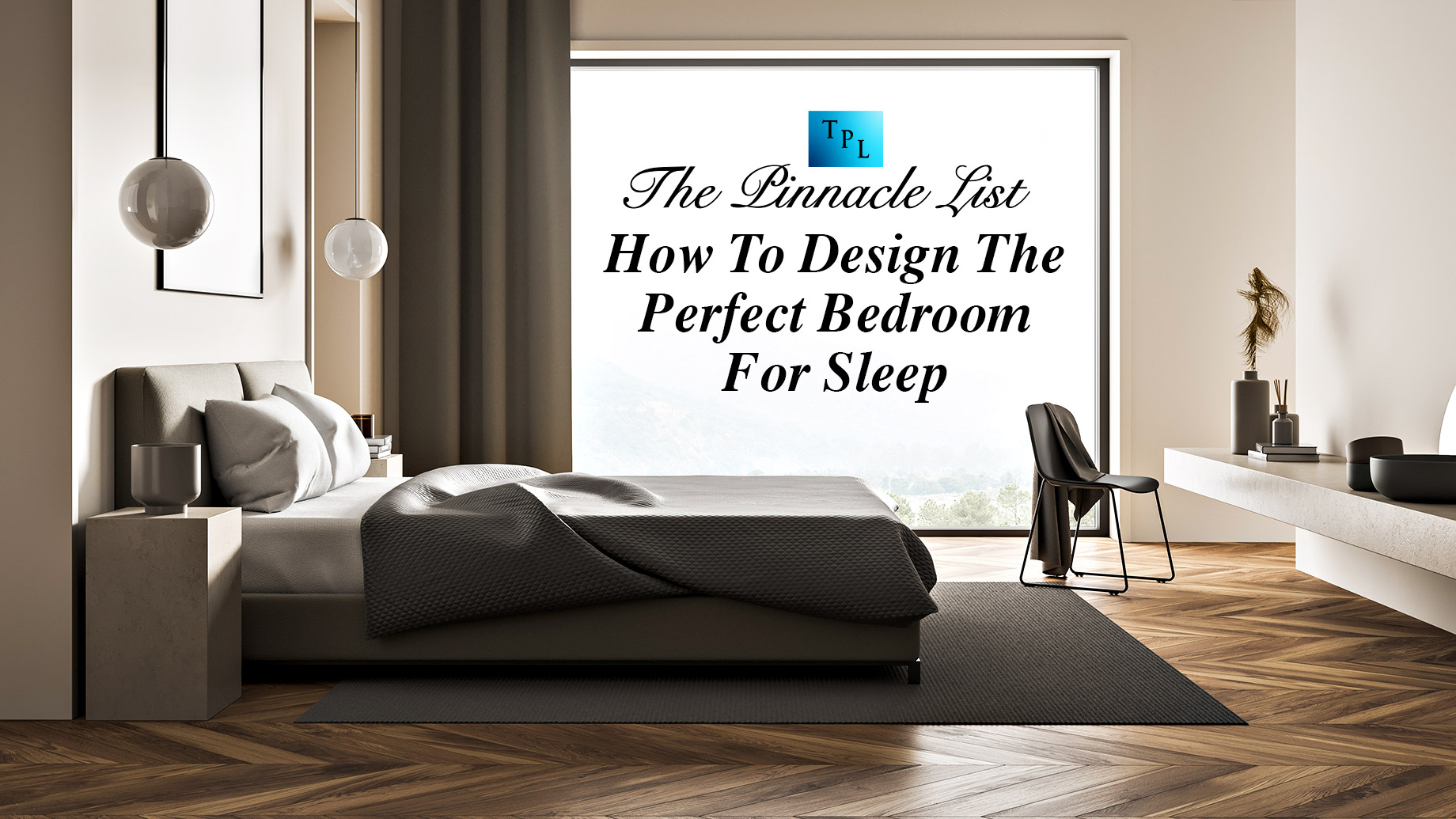
If you wake up from a night’s sleep feeling anything but refreshed and ready for the day ahead, it may be time to look at the design of your bedroom.
The room you sleep, or at least try to sleep in, can considerably impact how easy it is to nod off and get those all-important 8 hours. A cluttered room, with an overflowing laundry basket or your computer and phone tantalizingly close to your bed, are all distractions that are more likely to get your mind whirling instead of ready for sleep. This lack of sleep can affect your mood and productivity in the short term and your health and well-being in the longer term.
There are many factors to consider when designing the ideal bedroom. Focusing on the elements of when you are asleep and awake can ensure you will get to sleep and stay asleep. Here are some tips to show you how to design the perfect bedroom for sleep.
Is it time for a declutter?
A cluttered and untidy room can cause stress and anxiety each time you enter the room, which is not a great start to a relaxing evening. Try to remove anything you do not need from your room to create a clear area free from clutter and distractions. If space is a little tight, you may be unable to remove everything, but even keeping it all tidy can make a difference.
Choose calming colours
The colours you choose for your room can help you relax and prepare for a good night’s sleep. Colours like cool blues, lavender and neutral tones are relaxing and a good choice for bedding and walls. They are calming and create a relaxing atmosphere.
Comfy bedding
Snuggling into a cozy bed with soft bedding has to be a great way to end the day. Choose luxurious and breathable bedding that will help keep you comfortable without overheating.
Screen time
The blue light, which comes from phones, laptops and tablets, is not a good match for a beautiful night’s sleep, as it disrupts melatonin production and affects sleep. Melatonin helps with the timing of your internal body clocks and is produced by our brains as it gets dark. However, this product can be affected by blue light from screens and affect your ability to sleep. Cutting screen time and turning off all screens and phones for at least an hour before you sleep will help your brain do its thing and make sleep less elusive.
Bedside table and lamp
Many people enjoy reading before they go to sleep as it helps them to relax and start to feel ready for sleep. A lamp to read by will enable you to lower the light and create a relaxing area for getting ready for sleep, and it is far easier to switch off than the main light, which often has a switch far away from the bed.
Window coverings
Light of any sort can disturb sleep, making it difficult to get to or stay asleep. If you are affected by a street light or the sun coming in through the window early in the morning, consider blackout blinds or curtains. They will help to keep the room dark and help you to get the rest you need to wake up refreshed and ready for anything.
How a bedroom is designed can significantly affect how well you sleep, affecting your mood, productivity and well-being. By making a few simple changes to your bedroom design, you can create a restful space that will help you relax and wind down, ready for a peaceful night.